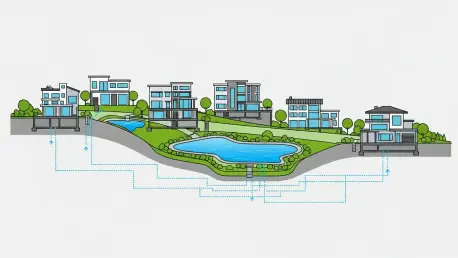
A fundamental disconnect has emerged between the fluid, instant-on nature of modern digital life and the rigid, often cumbersome processes of traditional insurance, creating a significant opportunity for disruption. Within the specialty insurance market, particularly travel, this gap is being

A Landmark Move to Underwrite the Digital Age In a direct response to the explosive growth of the global digital economy, commercial property insurer FM has announced a landmark increase in its insurance capacity for the data center industry, now offering up to $5 billion per client. This

Two foiled school attack plots originating in the American heartland are now set to cast a long shadow across the Pacific, poised to fundamentally reshape the security and insurance landscapes for Japan's K-12 education sector. A new analysis suggests the high-profile incidents, including a planned

As overland flooding increasingly becomes the most common and costly natural disaster facing the country, a critical vulnerability has been exposed: Canada remains the only G7 nation without a comprehensive, publicly accessible national flood mapping system. This glaring deficiency is creating a

Winning a high-stakes legal battle can sometimes feel remarkably like losing, a harsh reality starkly illustrated by a late 2025 High Court ruling that saw a victorious litigant's triumph dissolve under the weight of its own aggressive tactics. The complex judgment serves as a detailed and

A company's most profound liability may no longer be found in its balance sheets or operational missteps, but in the very ideology that defines its existence. The modern digital landscape is forcing a reckoning within the insurance industry, where the calculus of risk is expanding far beyond